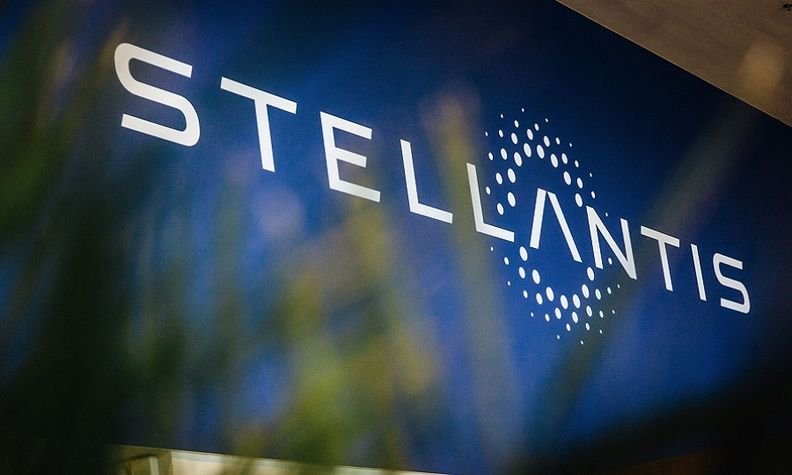Stellantis testing 28 engine families for synthetic fuel compatibility

Stellantis has announced that it's finalising testing of 28 engine families for compatibility with e-fuels, which it claims can provide a 90% reduction in CO2 emissions.
E-fuels are a type of sustainable fuel produced using green hydrogen, itself made from water and renewable energy.
This green hydrogen is combined with carbon – often by using CO2 captured from the atmosphere – to create a fuel that's chemically identical to fossil fuels.
The sourcing of the carbon, be it atmospheric capture or the gasification of biomass, is claimed to offset the CO2 emitted when the fuel is burned, therefore making it carbon-neutral (or almost carbon-neutral).
Because synthetic fuels are chemically identical to fossil fuels, they can theoretically replace them without modification.
Stellantis is now trying e-fuels in unmodified conventional petrol and diesel engines produced between 2014 and 2019, testing tailpipe emissions, engine power, reliability and impacts on the tank, filters and lines, among other variables.
The use of e-fuels in Stellantis vehicles has the potential to remove 400 million tonnes of CO2 emissions in Europe between 2025 and 2050, the company said.
For reference, the UK emitted 331 million tonnes of CO2 in 2022 alone, according to provisional figures from the government.
Stellantis aims to halve its CO2 emissions by 2030 and achieve net-zero by 2038.
It's the latest manufacturer to announce a significant investment into synthetic fuels following the EU’s announcement that it would allow ICE vehicles to remain on sale after 2035 as long as they use only sustainable carbon-neutral fuels.
Porsche has been the most vocal proponent of e-fuels specifically. It began e-fuel production in Chile late last year with partner Highly Innovative Fuels for its Mobil 1 Supercup race series and customer-facing Experience Centres.
The UK’s Transport Select Committee has also warned the government that “a reality check is needed” on its policy of sidelining sustainable fuels.
In its March 2023 report titled Fuelling the Future: Motive Power and Connectivity, it said: “Not everyone will be able to afford to replace their current car with an EV, nor will everyone easily be able to charge one at home.
"There are questions over the adequacy of infrastructure and the use of raw materials to produce the necessary batteries. An exclusive focus on battery-electric vehicles risks failing to meet the UK’s climate goals.
“The huge potential for sustainable fuels to provide a low-carbon option for conventional engines must be further explored. Reducing greenhouse gas emissions right now by using increasing quantities of drop-in sustainable fuels would enable us to address the existing fleet and minimise cost and carbon emissions through the use of existing infrastructure.”
However, not all manufacturers are convinced that synthetic fuels are the future. Bentley CEO Adrian Hallmark recently told Autocar that they were “really exciting” but there existed “no industrial roadmap” for their mass production. “It’s got legs,” he said, “but it’s not the silver bullet that could replace the need for something else.”
Verwandte Nachrichten
